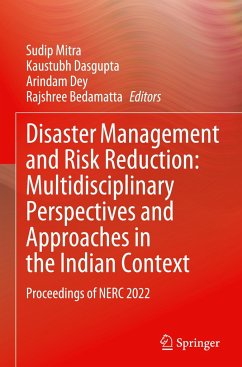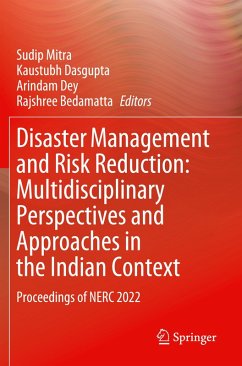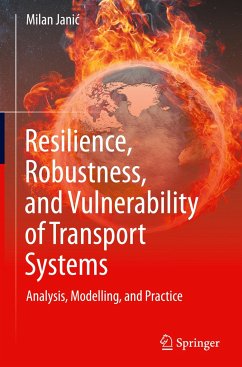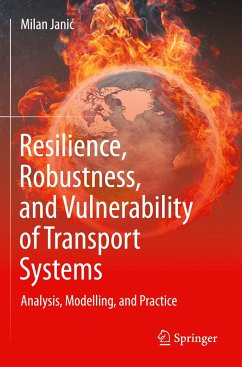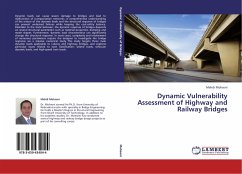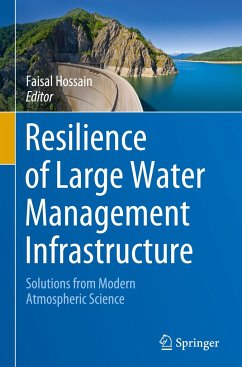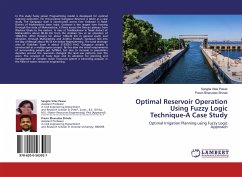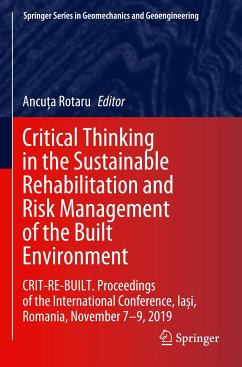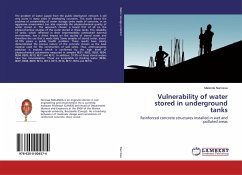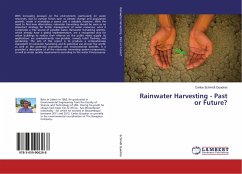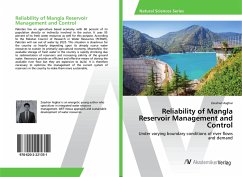
Reliability of Mangla Reservoir Management and Control
Under varying boundary conditions of river flows and demand
Versandkostenfrei!
Versandfertig in 6-10 Tagen
27,99 €
inkl. MwSt.

PAYBACK Punkte
14 °P sammeln!
Pakistan has an agriculture based economy with 60 percent of its population directly or indirectly involved in the sector. It uses 95 percent of its fresh water resources as well for this purpose. According to the Pakistan Council of Research in Water Resources (PCRWR), Pakistan will run out of water by 2025. This situation is disastrous for the country so heavily depending upon its already scarce water resources to sustain its primarily agricultural economy. Meanwhile, the available storage of fresh water in the country is rapidly shrinking due to sedimentation of reservoirs and increasing sa...
Pakistan has an agriculture based economy with 60 percent of its population directly or indirectly involved in the sector. It uses 95 percent of its fresh water resources as well for this purpose. According to the Pakistan Council of Research in Water Resources (PCRWR), Pakistan will run out of water by 2025. This situation is disastrous for the country so heavily depending upon its already scarce water resources to sustain its primarily agricultural economy. Meanwhile, the available storage of fresh water in the country is rapidly shrinking due to sedimentation of reservoirs and increasing salinity of the ground water. Reservoirs provide an efficient and effective means of storing the available river flow but they are expensive to build. It is therefore necessary to optimize the management of the current system of reservoirs in the country to make them more sustainable.



